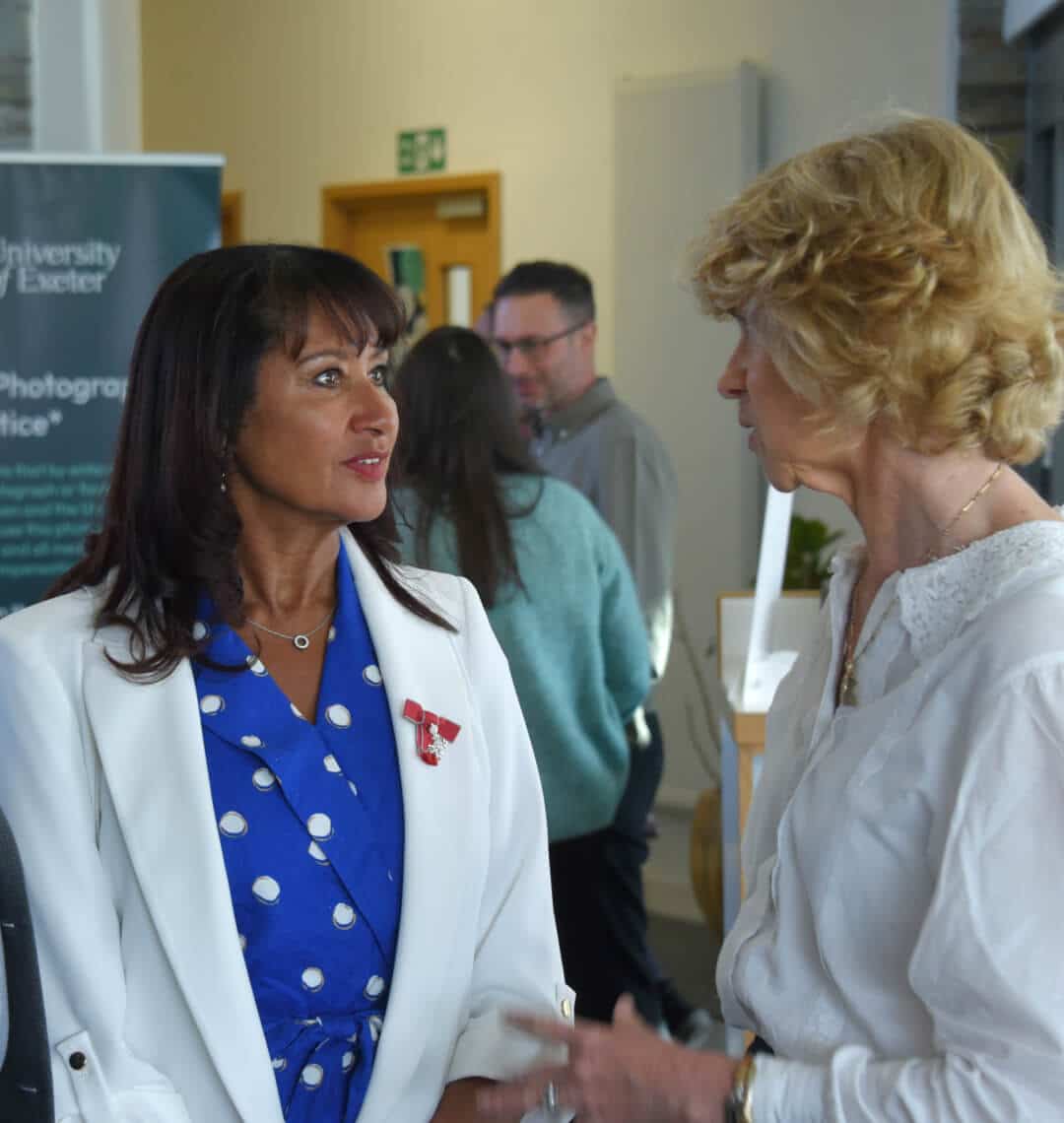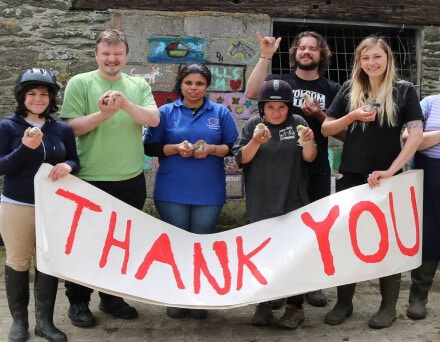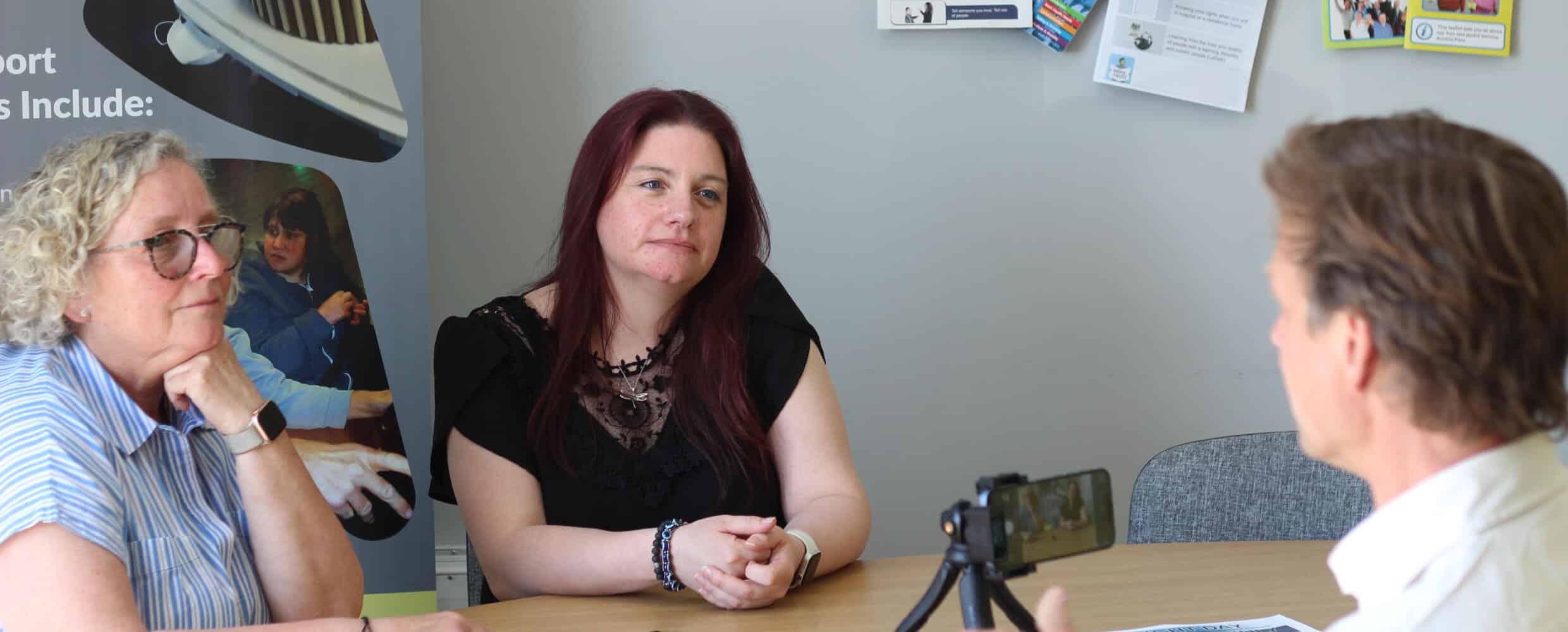Cornwall is renowned as a tourist destination with the visitor economy generating over £2billion each year, and accounting for around 20% of employment.
However, these jobs are often seasonal, part-time, insecure, and low paid with poor additional employee benefits. Part-time work accounts for over 40% of jobs in Cornwall and in 2021 26.5% of the Cornish population earned under the real living wage.
Cornwall also has a far greater percentage of self-employed people, 20.3% compared to 13.5% across the rest of the UK.
All these factors, combined with stagnant wage growth, the ongoing financial impact of COVID, and the rising cost of living, mean that many people across the Duchy are struggling to survive despite being in employment.
This has led to an increased dependence on food banks, debt advisory services, crisis support, and housing issues. It has also led to a huge increase in those seeking support for mental health and wellbeing concerns.
Key figures:
Cornwall economy and employment
Cornwall is falling behind the rest of the UK when it comes to the economy and employment, so what are the statistics behind this.
In 2021 26.5% of the Cornish population earned under the real living wage
Salaries in Cornwall are 12.23% less than the national average of £33,385
49% of self-employed people earn less than the minimum wage
Part-time work accounts for over 40% of jobs in Cornwall
Tourism accounts for 20% of all employment. These jobs are often low wage, insecure and seasonal
In the hospitality sector over 70% of jobs pay below the Living Wage

Challenges:
Economy and employment
- Building closer links with disadvantaged areas – through the direct involvement of people and organisations from those communities in CCF activities e.g., funding panels, at board level. This will help build better understanding of how we, and the projectsA piece of work that delivers an output. we fundA sum of money made available for grant making, often with specific criteria/conditions., can support people in this situation.
- Funding social mobility projects which inspire and enable people to obtain better paid work and more stable employment.

What we’re doing to help:
Economy and employment
- Collecting experiences from a wide range of organisations known to CCF and coordinating requests for funds and support from stakeholders and other funders.
- Highlighting the issue through case studies and social media channels – working with groups to do this.
- Cost of Living and Crisis Funds – In the aftermath of the pandemic, and the subsequent cost of living crisis, we launched specific funds focused on supporting those adversely impacted by the rising cost of living and those finding themselves in crisis.
How you can help
Since 2003 we have awarded more than £20m in small grants to grassroots, front-line, volunteer-led organisations that are making a positive impact in their area, helping to overcome the challenges of disadvantage, exclusion and poverty for all.
This work wouldn’t be possible without our generous donors.

Stories of support:
Trelya, Penzance
The ‘Being Me’ Project at TRELYA addresses the negative impacts of social media. Thanks to the grant of £4,464 from Young Minds First, Trelya has been able to support groups of young people with its ‘Being Me’ emotional wellbeing project.
Trelya is based on Treneere Estate – the second most deprived community in Cornwall and in the top 1% most income-deprived communities in the entire country.
Trelya works to improve the life outcomesMeasuring the results of the work your organisation is doing. for disadvantaged and socially excluded children. It works with those facing the greatest challenges, barriers and difficulties.‘Being Me’ is an emotional well-being project that uses an early intervention and intergenerational approach to reduce the negative impact of body image on young people’s emotional well-being.
35 young people were supported and all reported improved physical, mental and emotional health. All participants undertook activities that promote healthy lifestyles.
“Through exploring young people’s understanding of themselves, their place in the world and how to use social media safely it has been possible to spark self confidence developments which have lead to more frequent demonstrations of increased self esteem – and therefore more meaningful engagement in healthy, positive activities.”
Economy and employment questions, answered
The Income Deprivation Domain measures the proportion of the population in an area experiencing deprivation relating to low income. The definition of low income used includes both those people that are out-of-work, and those that are in work but who have low earnings (and who satisfy the respective means tests).
In Cornwall, 13.0% of the population was income-deprived in 2019. Of the 316 local authorities in England (excluding the Isles of Scilly), Cornwall is ranked 108th most income-deprived.
Of the 326 neighbourhoods in Cornwall 46 were among the 20 percent most income-deprived in England.
The average salary in Cornwall is £34.6k. The UK average salary was £42.2k in 2023. Gross average salary is calculated for full-time employees. Employee has to be in the same job for over 12 months
Source
The median salary in Cornwall is £31.7k. The UK median salary was £35.0k in 2023.
Source
Actually unemployment rates in Cornwall are slightly lower than the UK. The unemployment rate in Cornwall is 2.9%. The UK unemployment rate was 3.7% in 2023.
Source
Get help for an organisation

Tamara Sherston-Baker
Development Director





